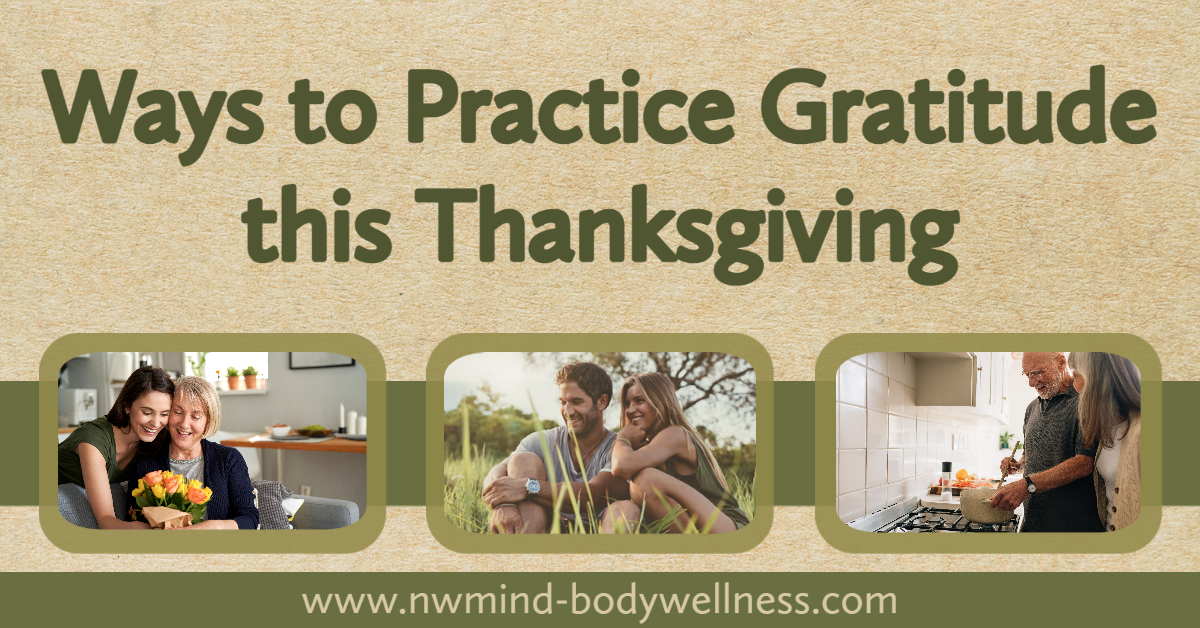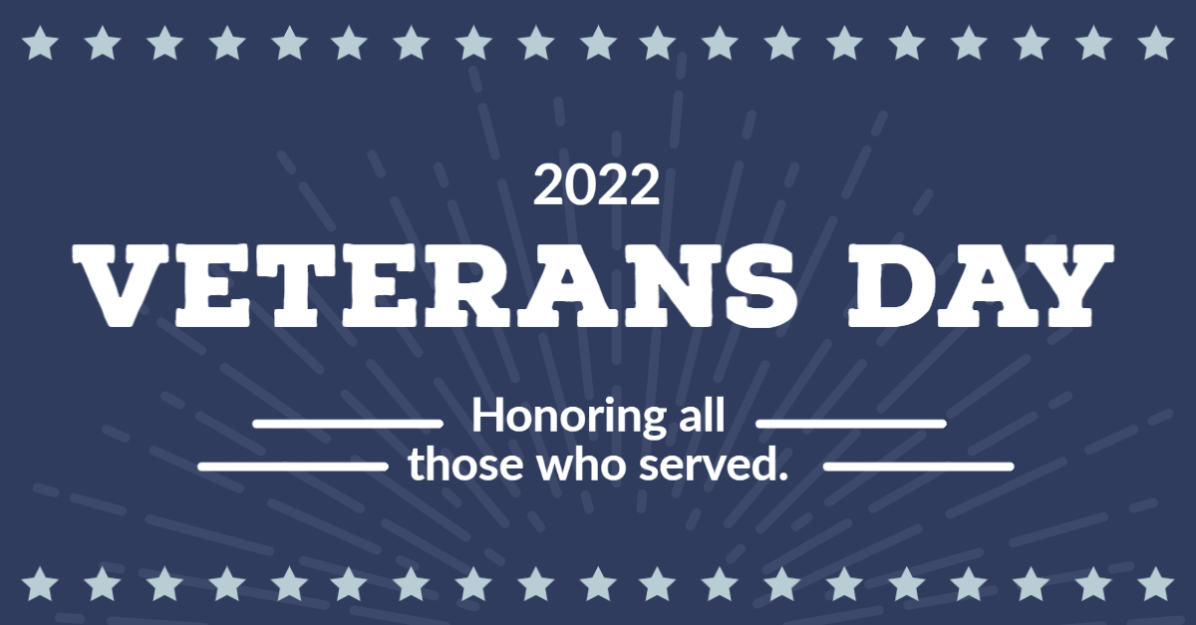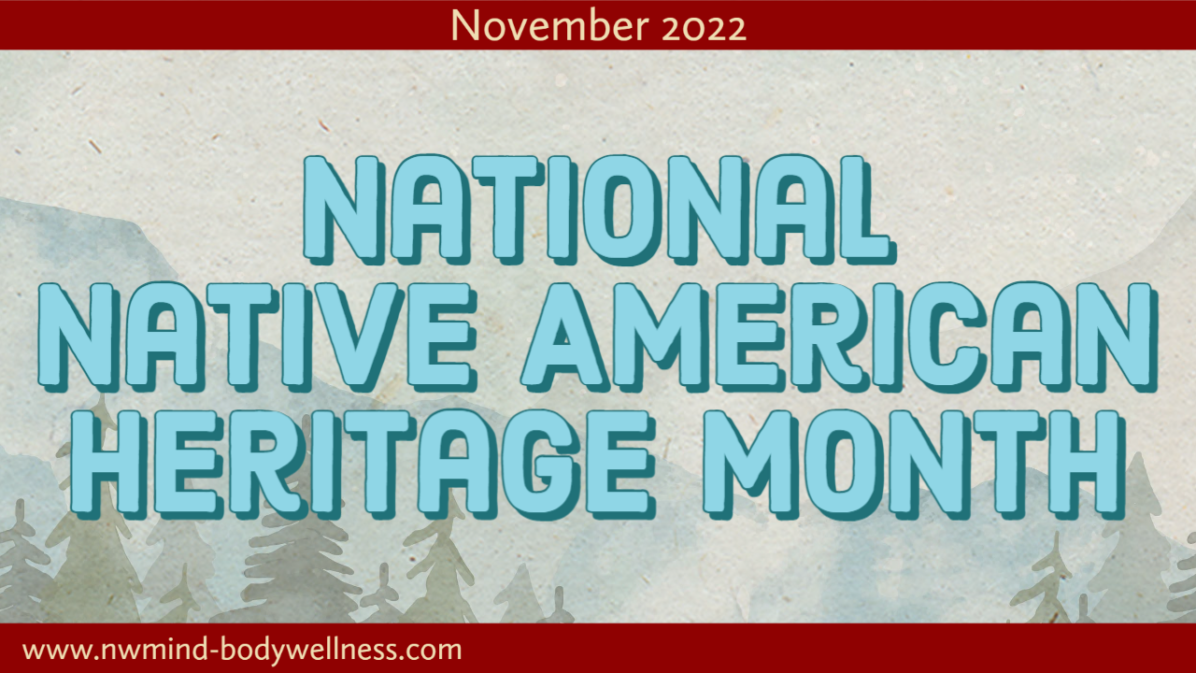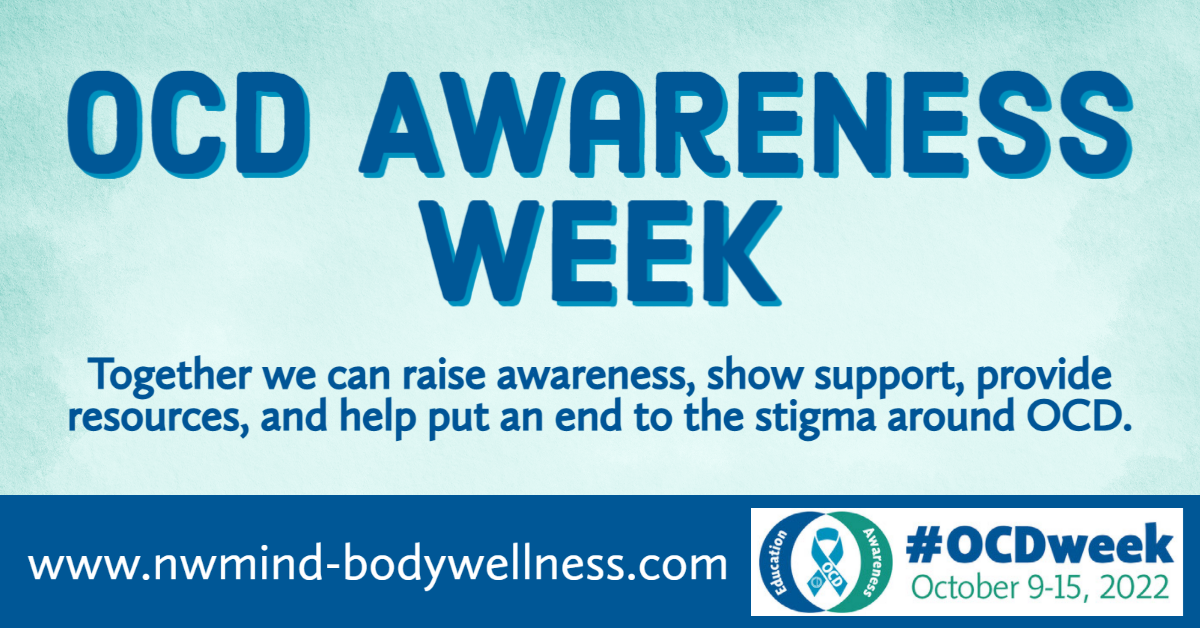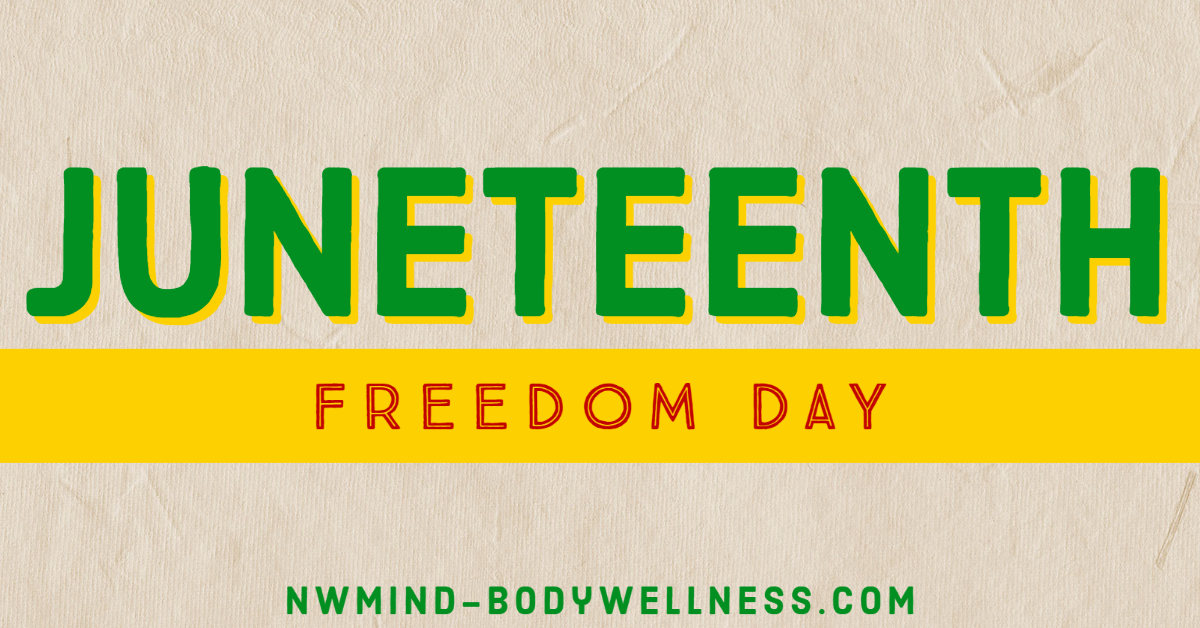Ways to Practice Gratitude this Thanksgiving
There are many ways to practice gratitude this Thanksgiving, and throughout the year. By expressing gratitude you can help boost the spirits of others, as well as your own.
By focusing on what you are thankful for, you are shifting your mind to see things in a more positive light. This shift in mindset can help lower your stress and allow you to focus on finding happiness in day-to-day life.
There are many ways that you can express gratitude, and the methods that you choose can be determined through personal preference. To help get you started, we have provided the following tips for expressing gratitude and spreading happiness.

Expressing Gratitude Towards Others
Everyone faces stress and internal struggles. For many, their day can be brightened through receiving gratitude and recognition for their efforts. Even the simplest acts of gratitude towards others have the possibility to make their day.
To help express gratitude towards others, we suggest:
- Start by sharing your thankfulness for them. In situations big or small, expressing how thankful you are for another or their help can go a long way.
- Actively listen to others and what they have to say. By being present and giving someone your full attention, you can help them feel important and cared for. Through caring and listening to what others have to say, you can help them see your gratitude towards them.
- Recognize strengths in others and what they have to offer. Everyone offers a unique set of talents, knowledge, and skills. Many people often feel like their strengths are overlooked. You can help boost someone’s mood and confidence by providing them this recognition.
- Celebrate the success of others and their accomplishments. Success brings most people happiness, but this joy can be increased by sharing it with others. When someone you know accomplishes something they were working towards, express to them the pride and happiness you feel for them.
- Surprise others who you are grateful for with a gift, act of kindness, or touching words. By doing this, you can help them feel appreciated and see the gratitude you feel towards them.

Expressing Gratitude Towards Yourself
It is important to take time to express gratitude towards yourself. Although expressing gratitude towards others can help boost your own mood, recognize that you also deserve to be appreciated. There are many things that you can be grateful for within yourself.
To help express gratitude towards yourself, we suggest:
- Focus on your strengths and how you have built them. Often, we begin to look past the time and work that went into building our strengths and skills. Recognize your strengths and how you developed them, and be grateful for how they allow you to be your best self.
- Enjoy the simple things and the happiness they bring you. Your joy may come from spending time on your hobby, hanging out with your friends, having a good meal, or anything else. Give yourself appreciation for creating your own happiness by engaging in what you love.
- Focus on what you have rather than what you don’t have. There are many times when we may feel that we don’t have enough, or are not enough. Whether things are tangible or intangible, recognize what you do have in life and the value it brings you.
- Recognize your efforts and see their value. Your efforts and hard work shouldn’t go unnoticed. Give yourself recognition for your efforts, and gratitude for all that you do.
- Embrace who you are without hesitation. There is no better person to be than yourself. Focus on the value that each person can bring to the world by having their own unique personality and set of skills. By being yourself, you also bring that value. Allow yourself to feel gratitude for being your own self.
Return to home page: https://nwmind-bodywellness.com/
Read more articles: https://nwmind-bodywellness.com/articles
